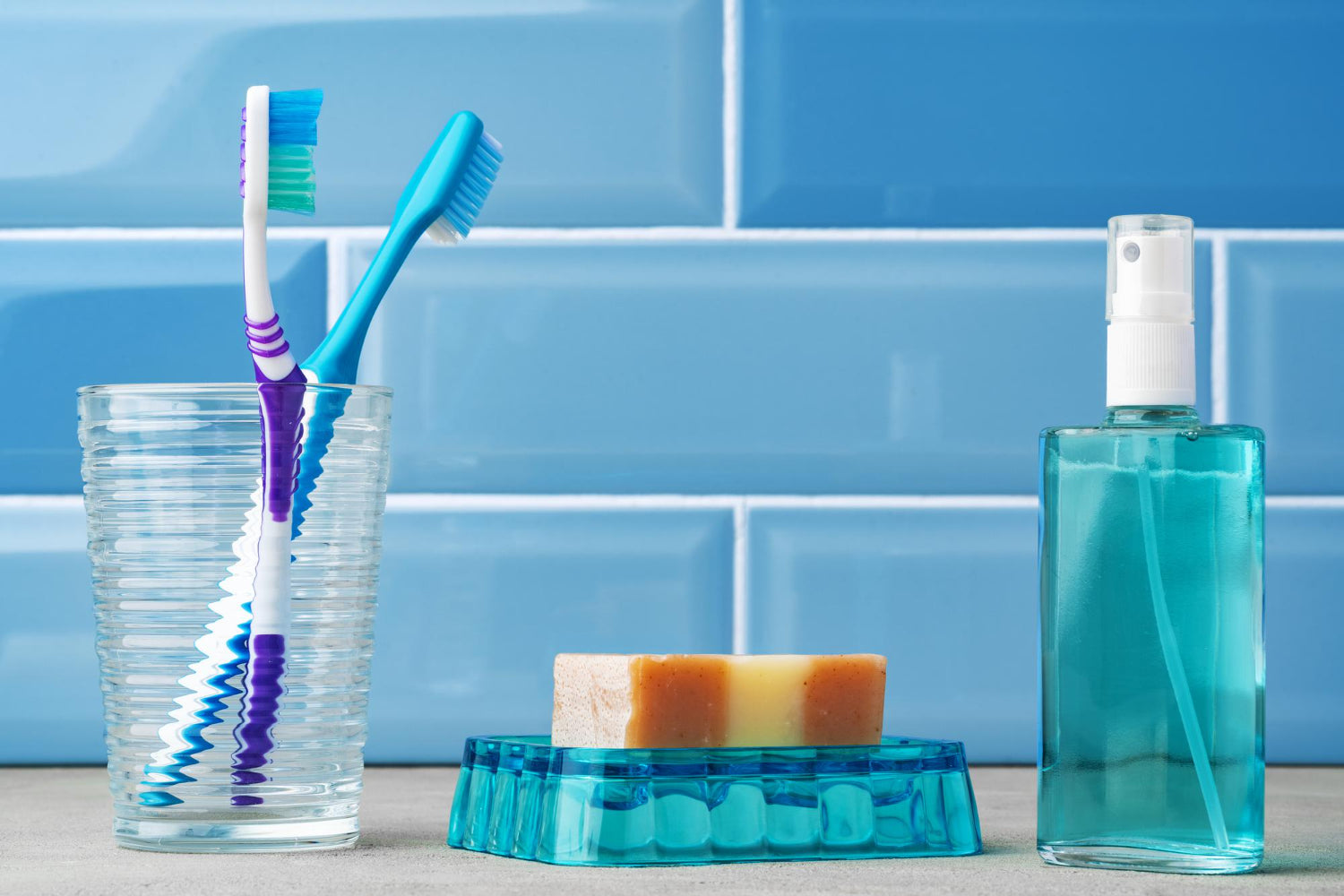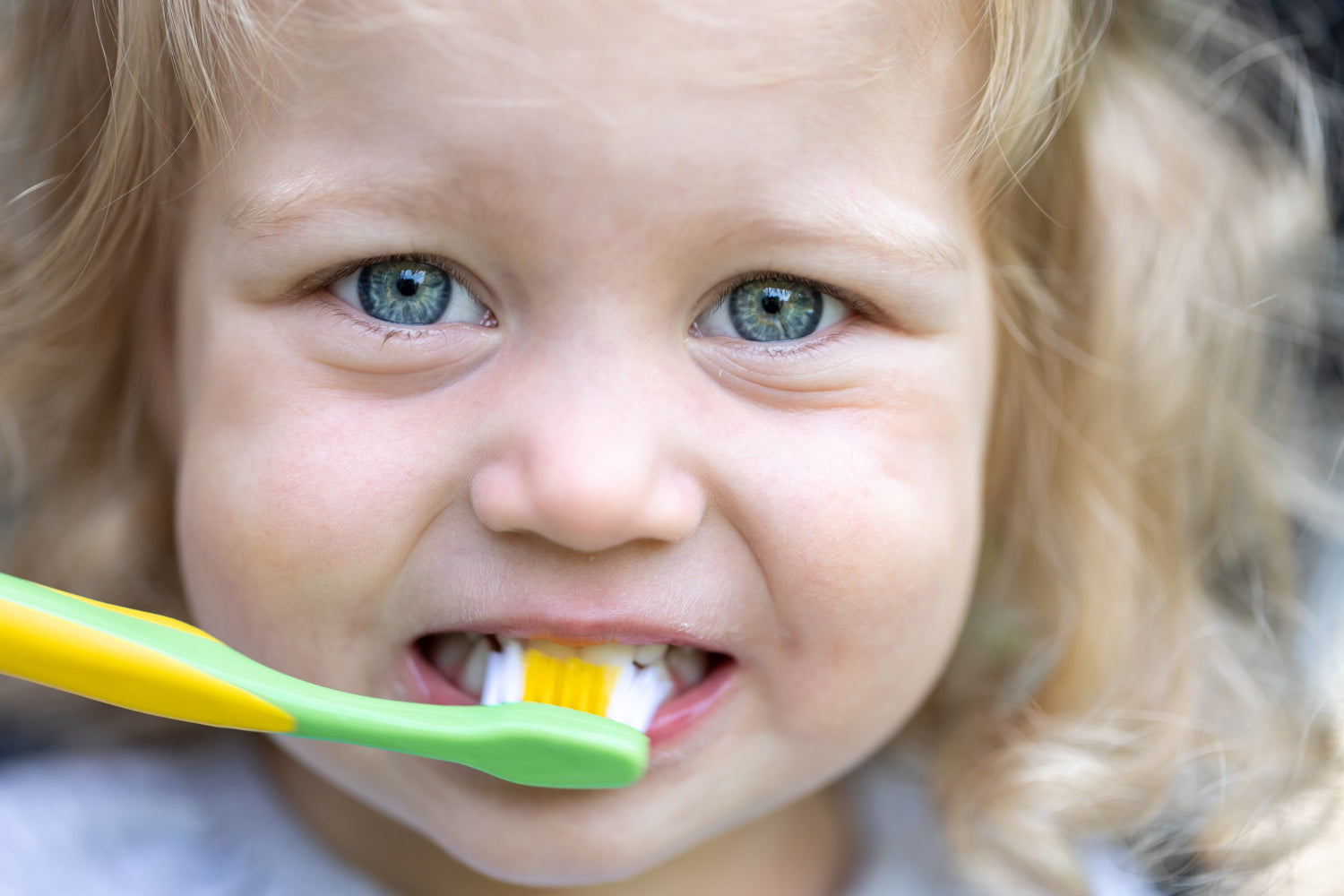Good oral hygiene includes brushing the teeth with a toothbrush and fluoride toothpaste and cleaning the spaces between the teeth with dental floss or interdental brushes. If you want to optimally protect your gums and teeth from disease, you should also pay attention to your diet.
In your mouth and in every other mouth there is a lot of activity, because there is a lot of bacteria. That alone is not bad, but there are bacteria that benefit from an excess of sugar. These bacteria use the sugar to multiply explosively, which is to your disadvantage. In addition, the sugar is turned into acids that attack your teeth. Your dentist refers to this as tooth decay.
In periodontitis, which is a bacterial inflammation of the tooth bed, the growth of some bacteria is also favored by sugar. This can cause the disease to progress more quickly, which is very dangerous because it usually goes unnoticed by patients. If periodontitis remains untreated for a long time, it can lead to loosening or loss of teeth.
Sugar: The enemy in food
So eating sugar is a danger to the teeth and gums. Nevertheless, a great deal of sugar is consumed. The calculated per capita consumption of sugar in Germany amounted to 33.8 kilograms in fiscal year 2019/20. The World Health Organization (WHO) recommends reducing free sugar intake to below 10 energy percent. This corresponds to no more than 50 grams of sugar per day.
Reducing sugar is difficult because, on the one hand, many people like to eat sweet foods. For another, sugar serves as a flavor enhancer and increases shelf life. That's why sugar is found in many industrial foods, including savory ones such as frozen foods, chips, salad dressings and ready-made meals.
Tips for a healthy diet
When buying industrial products, it is always worth taking a critical look at the ingredients. In addition, you will do your teeth good if you pay attention to the following in everyday life:
Your teeth benefit if you chew intensively, because on the one hand this cleans the teeth (especially the chewing surfaces). Secondly, chewing stimulates saliva production. This normalizes the pH value and remineralizes the teeth. Vegetables, such as kohlrabi or carrots, and low-sugar fruits, such as apples, are well suited for chewing. The more chewing required, the better.
Drink one to two liters of water or unsweetened tea daily. Be sure to avoid sugary drinks, which literally wash your teeth down with sugar. This makes it easy for tooth decay to occur. Keep in mind that juices and juice spritzers also contain sugar and acids, which further attack the teeth.
Chew dental care chewing gum to clean the chewing surfaces mechanically on the one hand and to stimulate saliva production on the other. However, chewing a gum does not replace brushing your teeth. Chewing gum is not recommended for people who grind their teeth at night. It puts additional strain on the already tense jaw muscles.
Caries-promoting bacteria love all types of household sugar, whether glucose, maltose, fructose or sucrose. Less popular are sugar substitutes, such as sorbitol, xylitol or erythritol, as these are not metabolized by the bacteria into acids.
Give your teeth a sugar break. Give up the candy or snack in between meals and eat only at the main meals instead.




Leave a comment
All comments are moderated before being published.
This site is protected by hCaptcha and the hCaptcha Privacy Policy and Terms of Service apply.